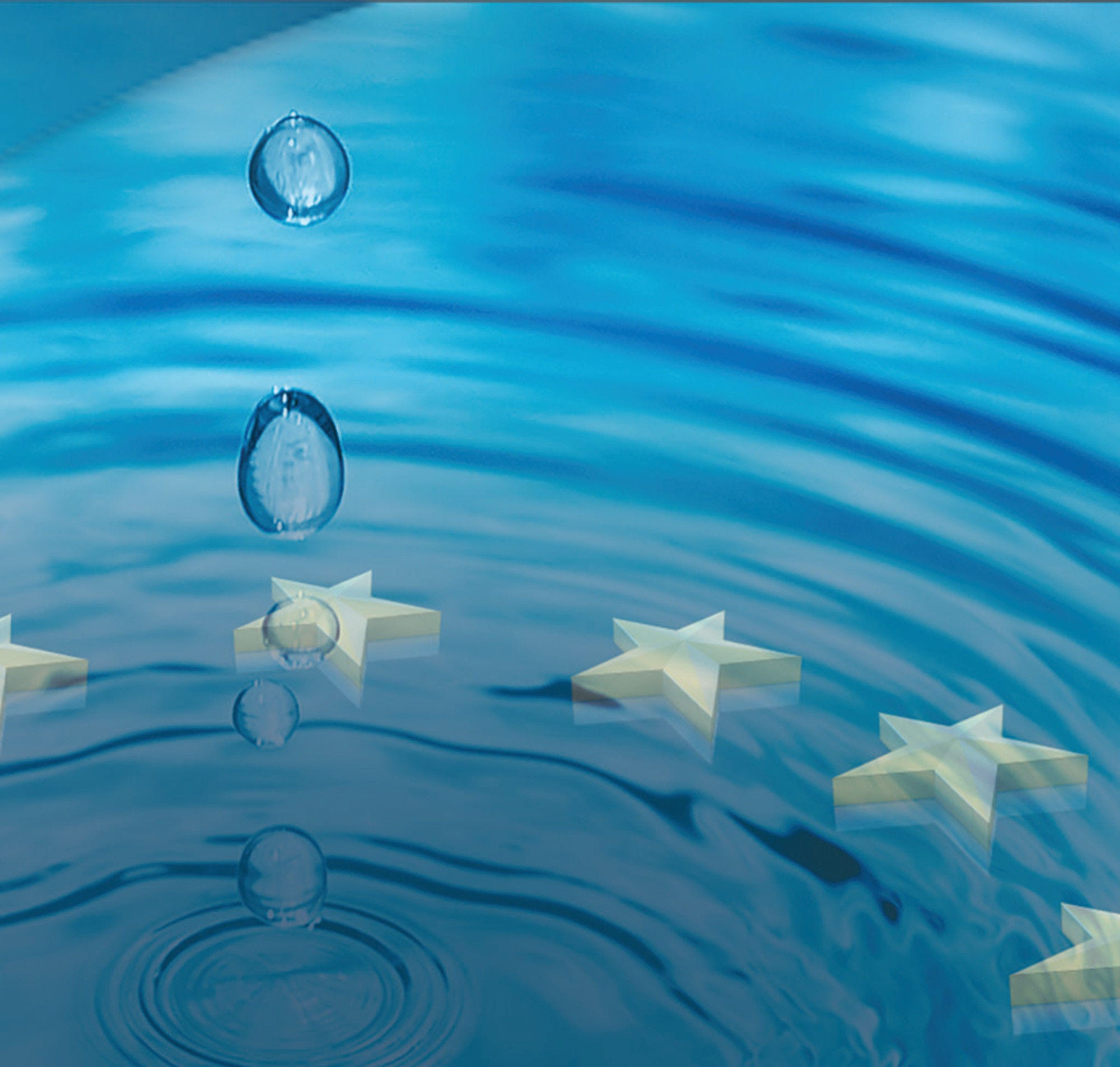Based on the discussions with member states and stakeholders, the following initiatives could be explored to support member states’ efforts to comply with the ambition of the WFD, by 2027 and beyond.
1. Launch a dedicated call under Joint Programming Initiative on “Water challenges for a changing world” to research on methodologies and methods for planning river basin measures under uncertainty, in particular factoring in climate change. The call would cover the use of disaggregated climate data, alternative economic methods to support decision making under uncertainty (such as cost-benefit analysis, production function, behavioural economics, the modelling of the water economy combining the pricing and investment instruments), guidance for scenario analyses, and tools and metrics to combine or sequence measures in consistent and cost-effective programmes;
2. Make an inventory of economic policy instruments used by member states to fund water activities, or aimed to signal the opportunity cost of using water and make water pollution and other negative externalities costly. This project could build on the work published by the European Commission “Economic data related to the implementation of the WFD and the FD and the financing of measures” by looking at the destination of the collected revenues and the potential of new instruments, such as eco-schemes, land-value capture or taxes on impervious surfaces. This work could be expanded and completed by collecting data directly from member states instead of relying on publicly available data. The OECD database on Policy Instruments for the Environment (PINE) could be used as a platform, possibly supplementing data from non-European OECD countries;
3. Explore the opportunities for - and potential modalities of - innovative financing mechanisms for measures in line with the environmental objectives of the WFD. Two instruments stand out, based on discussions at the thematic workshops:
a. Extended producers’ responsibility (EPR). The instrument could be designed and pilot-tested for one set of issues affecting water quality in one country or river basin, for a particular industry1. Based on discussions at the workshops, potential countries could be France, Germany, or the Netherlands, where the water sector has built relationships with other sectors such as chemical industry including pharmaceuticals, or agriculture. Work on a transboundary basin would be challenging but most relevant;
b. Land-value capture (LVC), as a fiscal instrument that can discourage activities that increase exposure and vulnerability to water risks, and potentially finance measures that contribute to good status of a water body. While experience abounds with LVC to finance transport infrastructures, track record for water-related assets is limited. The work could take stock of recent experience in Europe and globally, assess bottlenecks for further deployment of LVC as a financing instrument for investments in line with the WFD ambition across EU member states, and explore options to address these bottlenecks. Issues related to valuing water and the multiple benefits of water security would play a prominent role;
4. Develop a series of workshops on water scarcity and climate change, to explore measures that can help mitigate scarcity risks without detrimental effects on the good status of water bodies. Such measures would include:
scarcity pricing;
robust water allocation regimes, which factor in “non-traditional users” (e.g., energy generation, navigation), e-flows and return flows;
better use of forecasting and modelling capacities for decision making;
stimulating demand for reclaimed water (through a combination of water quality standards, water entitlements and pricing measures) as well as determining its efficient place in the “water supply mix”; and
appropriate and adequate policy instruments for an efficient use of storage: the planning of its capacity (in context of the whole range of water supply options); its allocation over users and over time in combination with costing and pricing measures; and distinctive challenges when storage also serves as reservoir for hydropower generation.
The series of workshops would build on the experience of member states (most specifically from the Mediterranean region) and from non-European OECD members such as Australia, Chile, or Israel, with long experience with water scarcity. The workshops would be informed by thematic background notes. They would supplement the work undertaken with the CIS WG Economics and ATG on water scarcity and drought; they can involve cooperation with DG CLIMA, DG AGRI and JRC.
1. Develop a series of workshops on the climate impacts on soil, as a common threat for agriculture, water resources management and nature protection and restoration. These workshops could identify common threats, explore solutions and potential trade-offs across the three policy areas (climate, agriculture and water). This workshop could build on - and support - the new EU context (CAP 2023-2027, Nature Restoration Law, Green Deal and Nature Based Solutions);
2. Prospective work on the concept and definition of “good status”, taking account of climate change and emerging trends in water use and pressures on water bodies. The WFD was designed almost 25 years ago. Since then, new knowledge on climate change, contaminants of emerging concern and other issues have arisen. While the Fitness Check confirmed that the WFD is both sufficiently prescriptive and flexible enough, foresight could revisit some of the core pillars of the economics of the WFD and associated guidance, and discuss how relevant they might be beyond 2027 (and towards 2050). Joint work between the OECD and the European Commission would be most timely, valuable, inspirational, and impactful, in Europe and globally. It could build on Joint Research Centre’s modelling capacities, on-going OECD work on losses and damages from climate change (and uncertainties in climate modelling) and the experience of EU and OECD member states.
